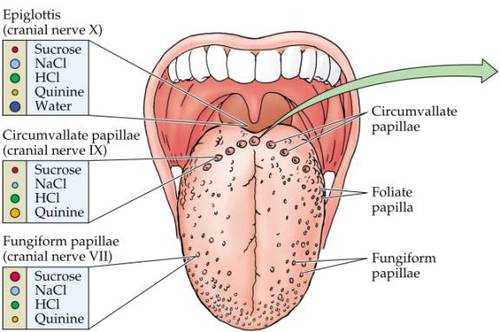
Cells in this area of the nasal cavity protect olfactory neurons that enable humans to smell.Ī study published in the Nature Genetics journal in January suggested that genetics plays a key role in determining whether a person loses or experiences a change in their sense of smell and taste after being infected with Covid-19. The “precise cause” of sensory loss related to the coronavirus is not known, said Sky News, but experts believe it is connected to “damage to infected cells in a part of the nose called the olfactory epithelium”. However, hopes have been raised after scientists said that a molecule found in coffee, typically described by people with smell distortion as “disgusting” or “repulsive”, could provide a breakthrough. A study last year found that between 700,000 and 1.6 million people in the US had lost or had a change in their sense of smell for more than six months after having Covid.Īnd the authors of the study – published in the Jama Network Open journal – warned that these figures were “likely an underestimate”, reported CNN.

We tend to have a dry mouth on fever, which also alters the taste of the food we eat.You might have often experienced a loss of appetite when you have fever.

When the body is feverish, the water content in it decreases, which results in dehydration. When we have fever, our body temperature rises and a higher temperature affects our oral cavity too. When the body is feverish, the water content in it decreases.Fever changes the way we taste food.


 0 kommentar(er)
0 kommentar(er)
